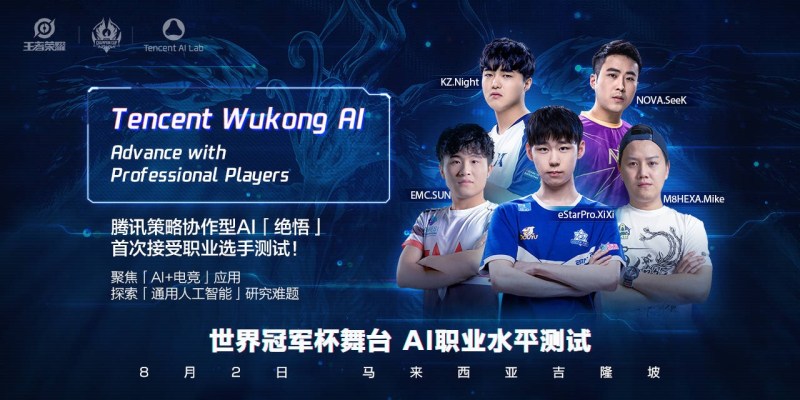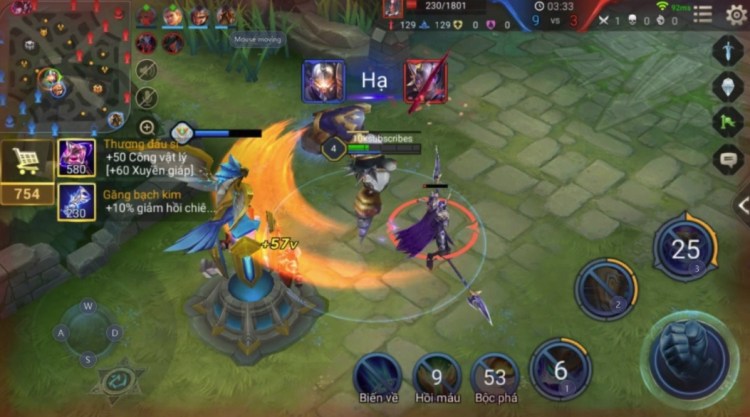Watch all the Transform 2020 sessions on-demand here.
In yet another example of machine learning algorithms besting teams of highly skilled players, an autonomous system devised by Tencent’s AI lab yesterday defeated a human team in a five-on-five Honor of Kings match. The Hong Kong tech giant says the win demonstrates its AI’s ability to “solve [difficult] challenges,” and that it represents “significant progress” in the company’s exploration of strategic and collaborative AI.
For the uninitiated, Tencent’s Honor of Kings — or Arena of Valor, depending on the region — occupies the video game subgenre known as multiplayer online battle arena games (MOBAs). It’s enormously popular — it grossed nearly $2 billion last year, making it the top-selling mobile game worldwide — but more importantly, it’s an incomplete information game. Players are unaware of the actions chosen by other players and are forced to learn, analyze, understand, reason, and make decisions in real time, tasks that are considered grand challenges in AI research.

The AI in question — Wukong AI — faced off against human players during the semi-finals of the 2019 Honor of Kings World Champion Cup in Kuala Lumpur, Malaysia. Despite the complexity involved, the one-model system managed to skillfully plot out strategies as it selected hero characters and explored the game map.
June 5th: The AI Audit in NYC
Join us next week in NYC to engage with top executive leaders, delving into strategies for auditing AI models to ensure fairness, optimal performance, and ethical compliance across diverse organizations. Secure your attendance for this exclusive invite-only event.
Wukong AI’s several agents together beat the human team in just 30 minutes. And in a separate test at an event held in China, a Wukong AI model optimized for one-on-one matches achieved a 99.8% win rate playing games with the general public.
The key to Wukong AI’s success was practice. Lots of practice. According to Tencent, the system plays more than 400 years’ worth of games against itself per day, enabling it to learn basic enemy avoidance and damage-mitigation techniques over time.
Tencent expects esports will benefit from Wukong AI and systems like it, where they might aid in practice matches by providing real-time analysis and commentary on strategy. “Many AI researchers in the industry believe that the next AI milestone is likely to be born in a complex strategy game,” wrote the company in a press release. “AI … has the potential to be applied to [problems] with similar challenges.”
Tencent’s AI gains come after San Francisco-based OpenAI’s Dota 2 bot defeated 99.4% of players in public matches and a team of professional players twice, and after DeepMind’s AlphaStar AI swept StarCraft II pros in head-to-head match. Beyond the video game arena, Facebook AI Research and Carnegie Mellon University earlier this month detailed Pluribus, a poker-playing AI that Facebook claims is the first to best 15 human professionals in Texas Hold’em.


